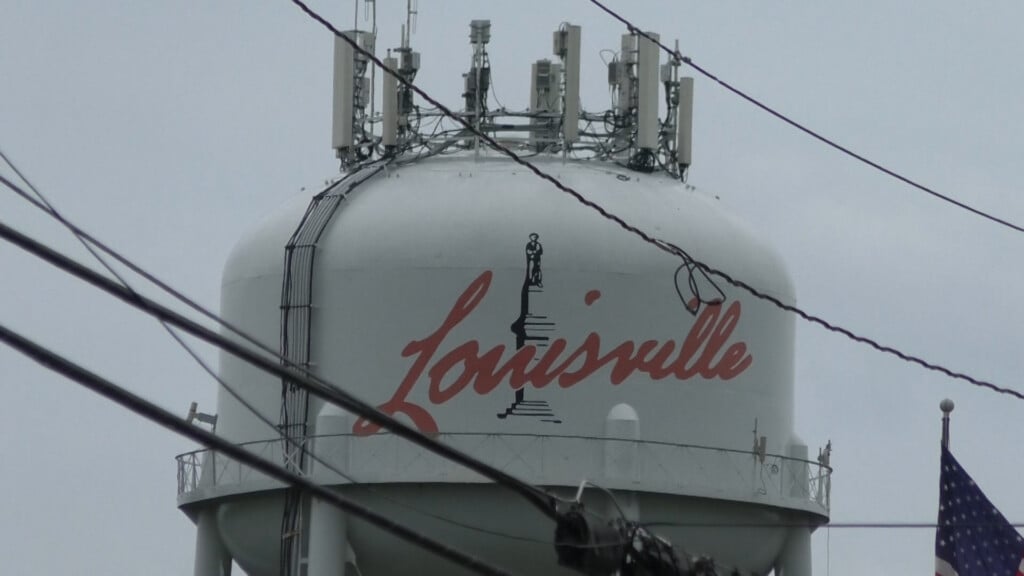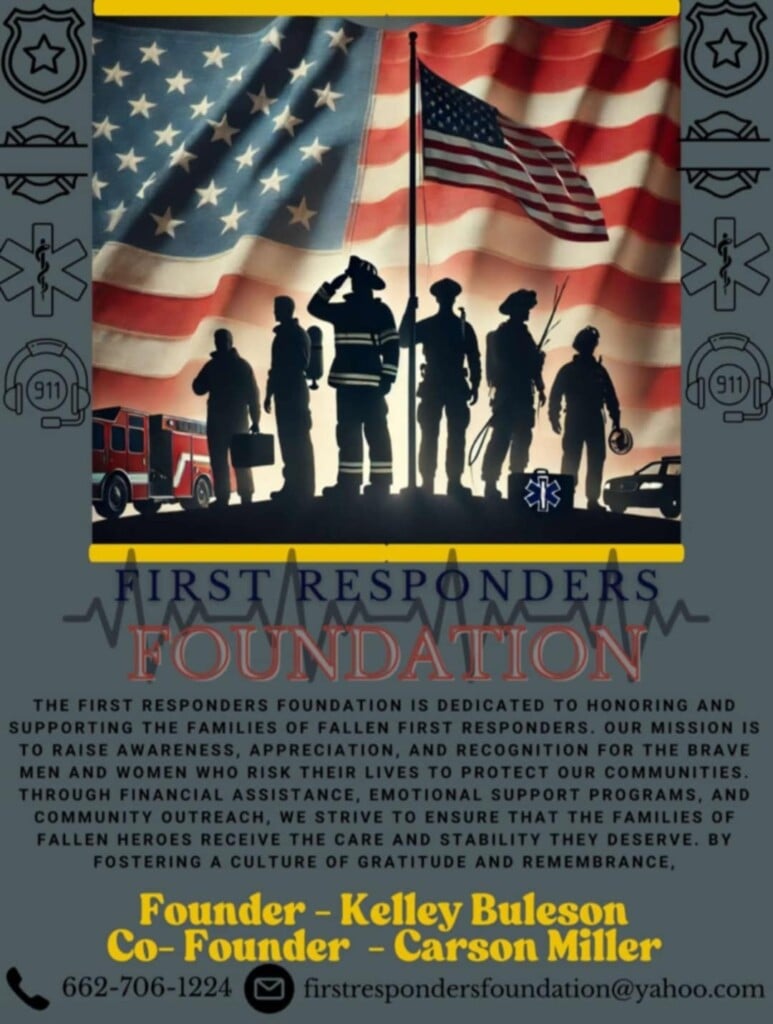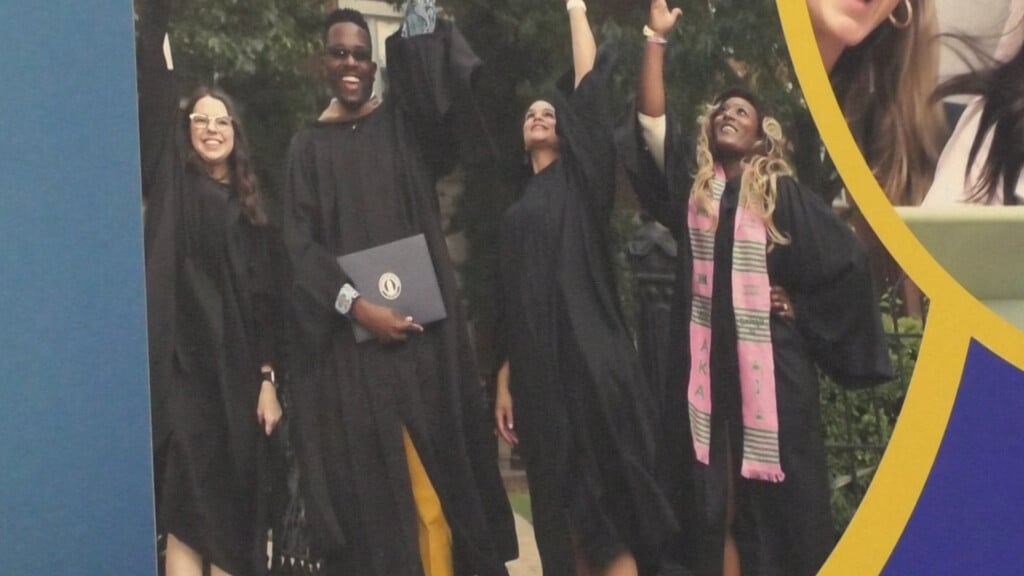Russia Banned From Winter Olympics
LAUSANNE, Switzerland (AP) – The Latest on Russian doping (all times local): 8:15 p.m. The immediate reaction from many athletes after the International Olympic Committee’s decision was this: Will Russia compete at all?
Russia was likely to be a medal factor at the Pyeongchang Games in several sliding sports, primarily men’s bobsled, men’s skeleton, women’s skeleton and men’s luge.
USA Luge veteran Chris Mazdzer says many Russians on the World Cup luge circuit had told him in recent weeks that they expected a full ban, and he’s wondering if President Vladimir Putin could decide to boycott.
“Putin could just say, ‘You can’t compete,’ and they won’t,” Mazdzer said.
Erin Hamlin, who won a bronze medal in women’s luge at the 2014 Sochi Games, says she wouldn’t be surprised if Russians weren’t in Pyeongchang at all.
“Russia is such a proud nation,” Hamlin said.
“It wouldn’t surprise me if they were not allowed to.”
UPDATED: 7:50 p.m. The IOC has banned Russian Deputy Prime Minister Vitaly Mutko for life from the Olympics for his role in the country’s doping program.
Mutko, who was sports minister at the time of the 2014 Sochi Olympics, remains head of the 2018 World Cup organizing committee.
IOC commission chairman Samuel Schmid says the doping program “was under the authority of the Russian sports ministry.
That is why the then sports minister has responsibility for the failure of this system.”
Mutko appeared at the Kremlin last week alongside FIFA President Gianni Infantino.
There was no immediate comment from FIFA on Mukto’s continuing role as head of the Russian soccer federation and the World Cup organizing committee.
UPDATED: 7:40 p.m. The International Olympic Committee says Russian athletes will be able to compete at the upcoming Pyeongchang Olympics as neutrals.
The IOC, which also suspended the Russian Olympic committee and IOC member Alexander Zhukov, says some competitors will be invited to participate as an “Olympic Athlete from Russia (OAR)” without their national flag or anthem.
Russia could refuse the offer and boycott the games. Russian President Vladimir Putin has previously said it would be humiliating for Russia to compete without national symbols.
The IOC also imposed a fine of $15 million on the Russian Olympic committee.
UPDATED: 2:20 p.m. The IOC’s medical director says Russian athletes are “particularly emphasized” in targeted doping tests on athletes preparing for the Pyeongchang Olympics.
The International Olympic Committee’s top doctor, Richard Budgett, says requirements being put on Russia are “not made on other countries.”
Budgett briefed media on the Pyeongchang anti-doping task force’s work ahead of attending an IOC executive board meeting that will decide if Russian athletes can go to the upcoming games.
From April through October, almost 7,000 samples were taken from 4,000 athletes in tests coordinated by the IOC, World Anti-Doping Agency and winter sports federations.
The IOC says more than 17 percent of samples were taken from Russians.
Skiers and snowboarders provided 471 out of 1,240 total Russian samples.
Budgett says athletes going to South Korea “can be more confident than ever” of a clean Olympics.
UPDATED: 10:40 a.m. The IOC executive board is meeting to decide if Russian athletes can compete at the upcoming Pyeongchang Olympics despite evidence that the country ran an orchestrated doping program at the 2014 Sochi Games.
The International Olympic Committee did not bar Russia from the 2016 Olympics in Rio de Janeiro.
The IOC instead asked sports governing bodies to decide which athletes could compete.
The IOC could now impose a stricter sanction by allowing Russians to compete only as neutral athletes without their national team name, flag or anthem.
IOC President Thomas Bach is scheduled to announce the 14-member board’s decision at 7:30 p.m. (1830 GMT) Tuesday.





Leave a Reply